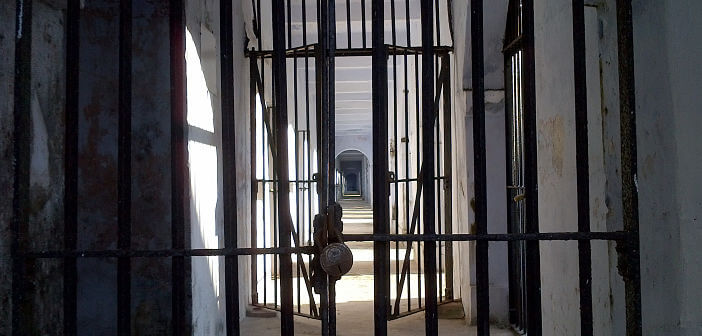
Decoding India’s Faltering Extradition Track Record: A Human Rights Approach
Guest Contributor: Tanishk Goyal is a second year law student at the West Bengal National University of Juridical Sciences, Kolkata.
On July 2 2019, The U.K refused to extradite a couple who were accused of murdering their adopted Indian boy and his brother-in-law in order to receive a life insurance payout. The UK’s reasoning for this refusal took place against the backdrop of the inhumane and degrading human rights conditions prevailing in India. This discharge added on to the intractably dismal extradition track record of India, despite it having ratified the 1949 Geneva Conventions and The U.N Convention Against Corruption which adopt the framework for extradition and mutual legal assistance between countries for an expedited and effective extradition process. One of the fundamental reasons for this situation is India’s international perception as a country which cannot ensure the safety of the offenders it extradites.
Although India has ratified the International Covenant on Civil and Political Rights, which lays down a human-rights based...
